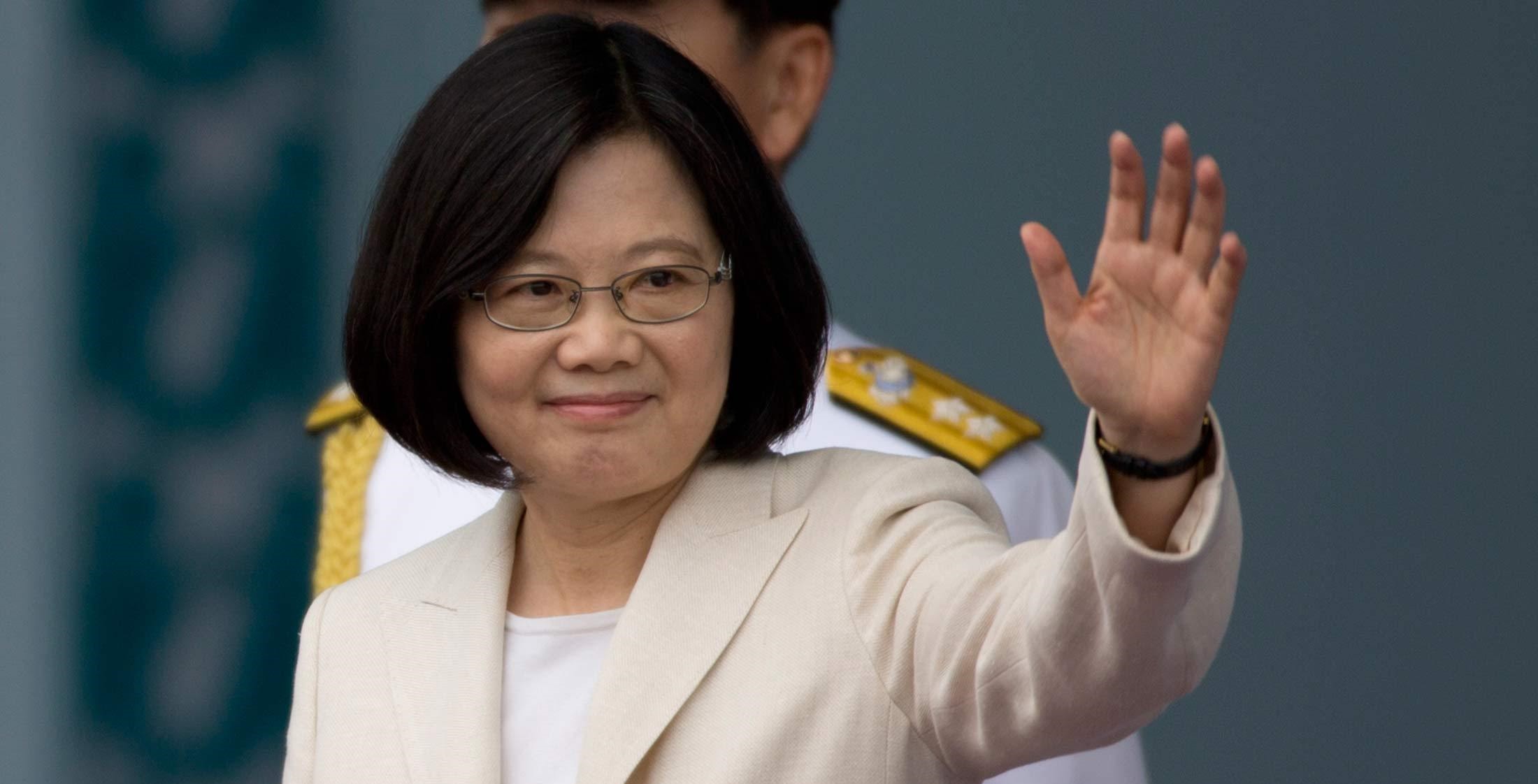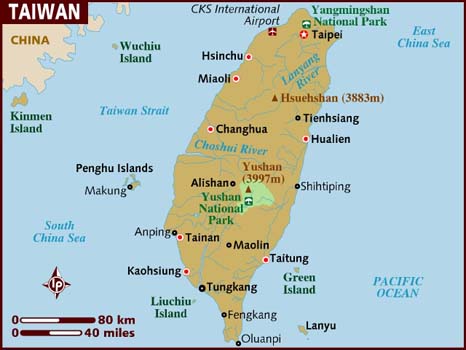Taiwan looks for bigger friends in the face of isolation
September 15, 2018 | Expert Insights

Beijing is intensifying its effort to further isolate Taiwan diplomatically, but Taipei is discreetly broadening security ties with regional powers beyond its long-standing relationship with the United States.
Background
The island nation of Taiwan is a highly contested region in East Asia. While Taiwan is considered a province in “Greater China,” it is largely an independent state. The ambiguity can be traced back to 1927, when the seeds were sown for a civil war between the Kuomintang (KMT)-led government of the Republic of China, and the Communist Party of China (CPC). Both parties wrestled for control of China. While the civil war lasted between 1927 and 1950, the main phase is considered to be from 1945 to 1949.
The war came to an end when CCP captured Beijing. The leader of CCP, Mao Zedong, then officially declared the formation of the People’s Republic of China. The leader of the opposing faction, Jiang Jieshi fled to Taiwan. It is here that he declared the formation of Republic of China (ROC). PRC has repeatedly used the threat of force to ensure Taiwan (ROC) never declared independence. As far as mainland China is considered, Taiwan is a rebel force well within China.
Despite the controversy that surrounds Taiwan, the region itself is economically robust and it is one of the biggest traders in Asia. It is a leader in the field of computer technology.
The island nation pursues independent informal relations with other countries. Taiwan has a democratically elected President, laws and its very own armed forces. Its most influential friend in world politics is the US, which has supported it for years while also adhering to the “One China” policy.
China considers democratic Taiwan to be a wayward province and has never renounced the use of force to bring the island under its control. It has intensified military activity surrounding Taiwan in recent years.

Read more about our extensive analysis on the conflict between China and Taiwan here.
Analysis
From efforts to share intelligence on China’s military with India and the prospect of engaging Japanese experts in its submarine programme, Taipei’s push is gradually bearing fruit despite sensitivities surrounding relations with Taiwan, according to government officials, military attaches and diplomats.
After warming up to India and Japan, Taipei has targeted Australia and Singapore as security partners in the South East Asia region.
While the effort is being kept low-key to avoid further inflaming Beijing and adding to pressure on countries aiding Taipei unofficially, the moves mirror Taiwan’s more public “southbound” policy to deepen commercial and cultural links with the region.
It also comes amid several recent successes by China in luring away some of the few nations that diplomatically recognise the democratically self-ruled island.
While Taipei battles to keep its remaining formal allies, it is keen to deepen strategic ties with larger regional powers, sensing an opportunity as they too seek to cope with a rising China, Taiwanese officials say.
“We want Taiwan and those countries to have more in-depth understanding of the strategic or security environment we are in,” said Taiwan’s Foreign Minister Joseph Wu.
As China grows more powerful and assertive, he said “many of these countries feel the pinch and they might want to know more about Taiwan as an interest to them, rather than something they want to avoid.”
El Salvador switched ties to Beijing last month, while the Dominican Republic did so in May and Panama changed sides last year - leaving Taiwan with just 17 diplomatic allies, six of which are small Pacific island states
Washington, like other major powers, maintains a “one China” policy that thwarts formal diplomatic relations with Taipei but remains by far Taiwan’s largest weapons supplier and most powerful international backer.
Assessment
Our assessment is that China is increasing its presence in the Taiwan Strait as a show of power. However, Taiwan has shown no intention to back down. As we stated previously, we believe Taiwan’s “re-unification” with China is an inalienable part of Xi Jinping’s vision for the country. The believe that President Xi will use China’s enormous financial and diplomatic resources to isolate the island. However, we also feel that Taipei will not surrender to outright bullying by Beijing anytime soon.
IndiaWatch
While security ties with Tokyo, including some intelligence sharing, have been evolving for some time, Taipei’s ties with New Delhi are rapidly growing, according to people familiar with discussions.
Unofficial military attaches have been placed within Taiwan’s new de-facto embassy, the Taipei Economic Cultural Centre, while senior Indian military officers regularly visit Taipei on ordinary rather than official passports.
It is generally agreed that India’s engagement with Taiwan is limited to economic and commercial links. There has been a renewed push in people to people contacts.








Comments